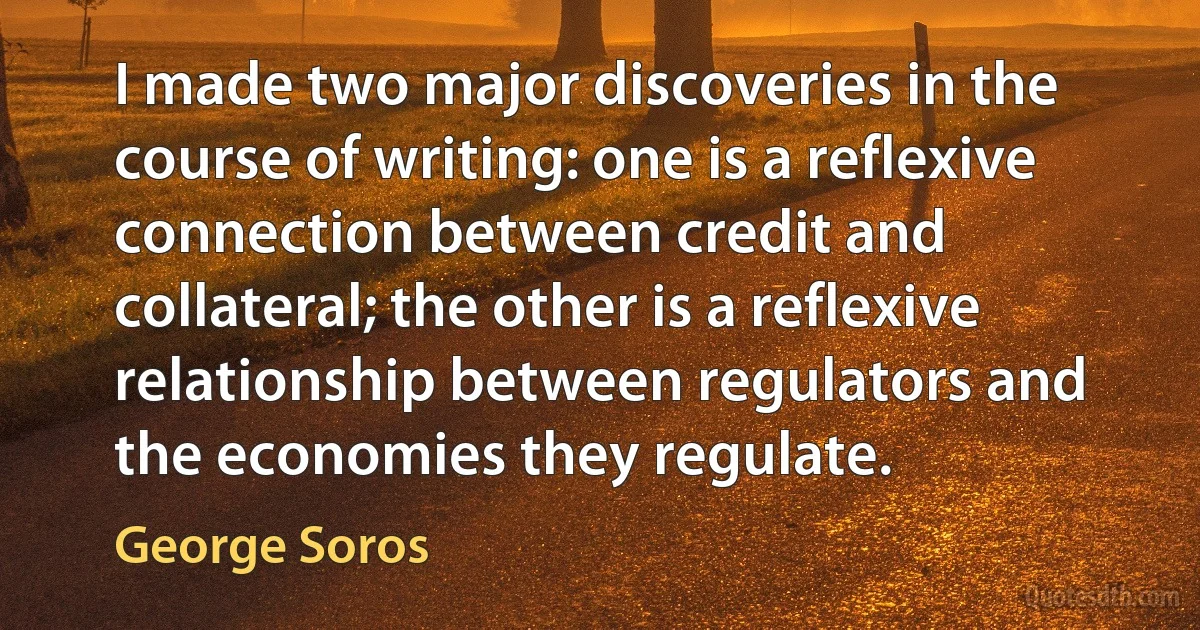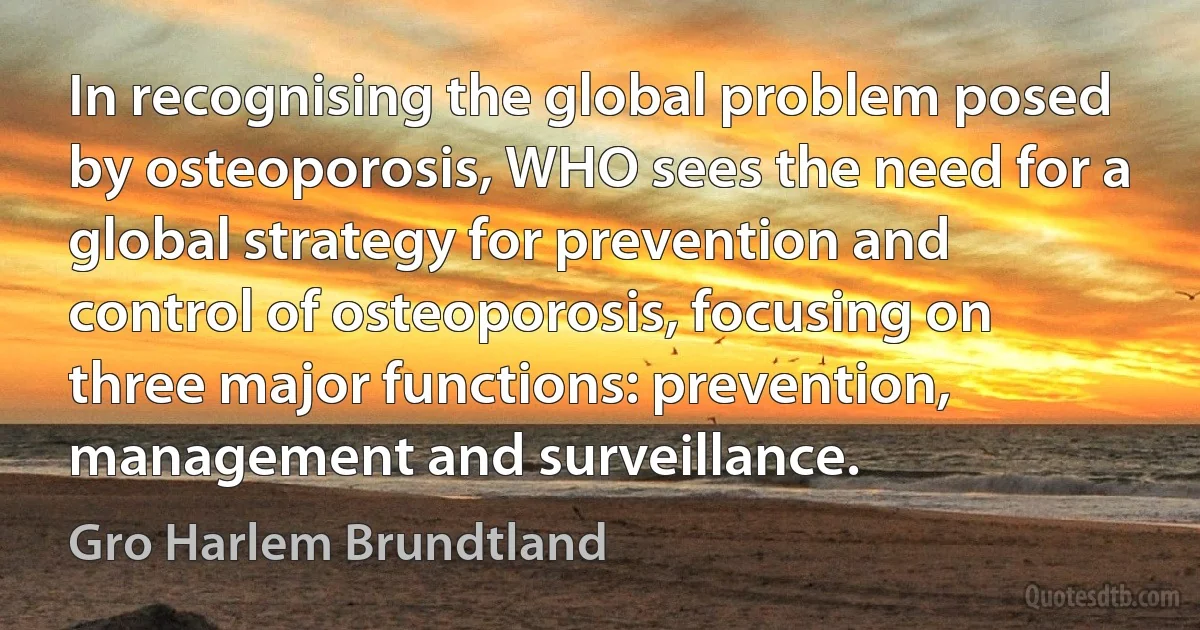Major Quotes - page 17
The idea that a country's economic fortunes are largely determined by its success on world markets is a hypothesis, not a necessary truth; and as a practical, empirical matter, that hypothesis is flatly wrong. That is, it is simply not the case that the world's leading nations are to any important degree in economic competition with each other, or that any of their major economic problems can be attributed to failures to compete on world markets.

Paul Krugman
As is often the case with major disputes in economics, the argument over fiscal policy went on for years, with some critics of fiscal policy still defending their position when this book went to press. It seems fair, however, to say that among economists a more or less Keynesian view of the effects of fiscal policy came to prevail. Careful statistical studies at the International Monetary Fund and else where showed that austerity policies have historically been followed by contraction, not expansion. Recent experience, in which countries like Spain and Greece that were forced into severe austerity also experienced severe slumps, seemed to confirm that observation. Furthermore, it was clear that those who had predicted a sharp rise in U. S. interest rates due to budget deficits, leading to conventional crowding out, had been wrong: U. S. long-term interest rates remained near record lows even during the years from 2009 to 2012, when the government ran very large deficits.

Paul Krugman
More than four years after the financial crisis began, the world's major advanced economies remain deeply depressed, in a scene all too reminiscent of the 1930s. And the reason is simple: we are relying on the same ideas that governed policy in the 1930s. These ideas, long since disproved, involve profound errors both about the causes of the crisis, its nature, and the appropriate response.These errors have taken deep root in public consciousness and provide the public support for the excessive austerity of current fiscal policies in many countries. So the time is ripe for a Manifesto in which mainstream economists offer the public a more evidence-based analysis of our problems.

Paul Krugman
Like any major intellectual contribution, Keynes's ideas were bitterly criticized. To many people it seems obvious that massive economic slumps must have deep roots. To them, Keynes's argument that they are essentially no more than a problem of mixed signals, which can be cured by printing a bit more money, seems unbelievable.

Paul Krugman
Indian Gold, Indian tea and Indian petrol to the nation: When car manufacturer Hyundai made her brand ambassador for their Getz model, production capacity doubled. She had not yet won a major tournament, but her fame was spreading well beyond Asia: soon she would be on the front of Time magazine and selected by the New Statesman as one of 10 young people with the potential to change the world.

Sania Mirza
In the Vietnam War, the leaders of the White House claimed at the time that it was a necessary and crucial war, and during it, Donald Rumsfeld and his aides murdered two million villagers. And when Kennedy took over the presidency and deviated from the general line of policy drawn up for the White House and wanted to stop this unjust war, that angered the owners of the major corporations who were benefiting from its continuation. And so Kennedy was killed, and al-Qaida wasn't present at that time, but rather, those corporations were the primary beneficiary from his killing. And the war continued after that for approximately one decade. But after it became clear to you that it was an unjust and unnecessary war, you made one of your greatest mistakes, in that you neither brought to account nor punished those who waged this war, not even the most violent of its murderers, Rumsfeld.

Osama bin Laden
A fundamental part of the non-proliferation bargain is the commitment of the five nuclear States recognized under the non-proliferation treaty - Britain, China, France, Russia and the United States - to move toward disarmament. Recent agreements between Russia and the United States are commendable, but they should be verifiable and irreversible. A clear road map for nuclear disarmament should be established - starting with a major reduction in the 30,000 nuclear warheads still in existence, and bringing into force the long-awaited Comprehensive Nuclear Test Ban Treaty.

Mohamed ElBaradei
We have entered a time when a writer's first idea is his best idea, when the first thing a reporter hears is the first thing that she reports. We live in a time now when we have seen major television networks take video off of YouTube and broadcast it to millions of Americans without verifying whether the video had been fabricated or not.

Scott Pelley
Does [the Minister] not find it extraordinary that the High Court is giving every benefit to a major corporation over the small people of Mayo? Is it not incredible that a full hearing of the issues of concern to the people of Mayo will be heard in the autumn, probably in October? In the meantime, the company is allowed to proceed and put everything in place with the like-minded reminder from the High Court that the pipes will have to be taken out again if the decision goes against Shell...Why is Shell so bullish and confident that it will get its pipeline come what may? Has it been secretly assured by the Minister, his predecessor, the Government or Fianna Fáil that it will get its gas in the way it wants regardless of the genuine fears and concerns of decent local people? Has the Government not fallen over itself on every occasion to facilitate this company?

Joe Higgins
The overall agenda here is quite simply the ruling classes, or the classes of Europe intend to stride on to the world stage as a powerful economic entity. And they want to be as powerful as the US, meaning they want a stronger foreign policy and a military wing to back them up. But I can assure the Government that the debate will be a very intensive debate, a very vigorous debate and I think the benefit perhaps this time is that certain distractions that were raised the last time would be set aside, and therefore we can concentrate on the more fundamental issues. [...] Take for example this notion that Irish youth would be conscripted into an army. The only people I heard that from was Government ministers in the course of the campaign who said this is being said. Nobody here raised any such red herring. These were the so-called concerns that were being addressed. But the major concerns as to what the Treaty was really about has not been changed one iota.

Joe Higgins
Those without a chip will not be allowed in high security places like military installations, prisons, government buildings of all sorts and of course airports, subways, trains and later cars and trucks. Eventually, after some major planned crisis of course, it will become mandatory and anyone who does not take this chip will not only not be allowed to do those things, they will become "enemies of the state” for "disrupting the economy” or "threatening public security” or whatever phrase they can dream up to excuse arresting, imprisoning and eventually executing those who don't cooperate. Wars and civil unrest have always been great "cover” for implementing grabs for power.

Kent Hovind
The five major Eastern religions that developed during this time were Hinduism, Confucianism, Zoroasterism [sic], Buddhism, and Taoism. Because of the atheistic and pantheistic philosophies of these religions, and the lack of importance placed on God, the entrance of communism into these countries was very simple. When the evolutionary doctrine was taught in these countries, the people did not have to change their religion in order to include it. Evolution and communism blended in fine with the Eastern religions.

Kent Hovind
The opportunity presented by European slave dealers became the major (though not the only) stimulus for a great deal of social violence between different African communities and within any given community. It took the form more of raiding and kidnapping than of regular warfare, and that fact increased the element of fear and uncertainty.

Walter Rodney



